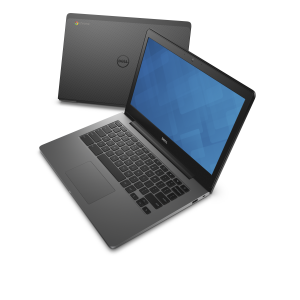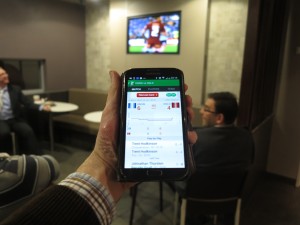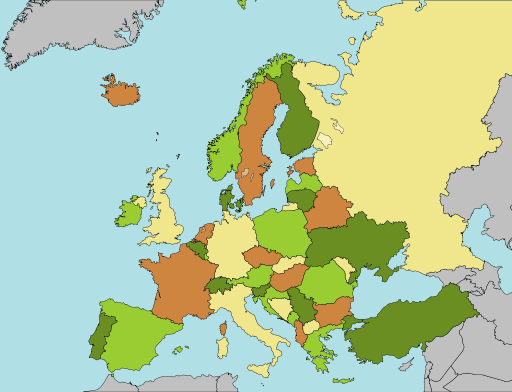Article
Here Are the Security Implications of Android Apps Coming to Chromebooks | Supersite For Windows
My Comments
Could the Google operating systems be the third mainstream computing force?
Google’s Chrome OS operating system has initially been pitched as a low-cost Web-browsing cloud-computing platform with not much in the way of applications or games written for that platform. Typically this ended up with the platform ending up in the cost-conscious K-12 education market, most likely computers used in the classroom and in a similar vein to how Acorn had various computer systems pitched towards the UK’s education market.
But lately there have been some efforts to have Android apps and games run on the Android mobile-computing platform work with the Chrome OS platform so that the game I play, the Evernote front-end I use or the sports scoreboard app I keep tabs on that football match with on the Samsung Galaxy Note 4 could be easily be run on a Chromebook. Here, Google is encouraging the development of apps that implement responsive layouts and the ability to work with a traditional keyboard and pointing device which may not require much effort for most app types.
One of the core issues that has always concerned computer use has been data security including proper program behaviour. Here, Google will implement the same kind of sandboxing that was used on Android apps sold through the Google Play app store also for Chrome OS. This will be more so as Android apps will be able to run on Chromebooks in a “just-works” manner, something that will appear initially on the Chromebook Flip but is to appear on a subsequent version of the Chrome OS.
Google will also follow Microsoft’s and Apple’s lead towards a monthly software-update cycle for both Android and Chrome. This will include them taking over the software maintenance process so that OEMs and mobile carriers can’t control the process to push through their bloatware and branding. The OEMs and mobile carriers are wanting to still cry out for their launchers and apps but it may have to be about separately delivering them such as running them as Play Store apps so that an operating-system update isn’t contingent on the update working properly with their apps.
They will also be efforts to “clean up” the Play Store to get rid of dangerous apps and have it in a similar standard to the Microsoft Store and iTunes App Store – a “rubbish-free” app store. Corporate and educational IT admins will rejoice about the ability not to have the Google Play Store appear in their Chromebook or Android deployments or restrict their deployments to a whitelist of approved apps.
This is very similar to desktop computing in the late 1980s where there were three main forces for popular desktop-computing platforms i.e. the IBM platform running MS-DOS offered by many different manufacturers, the Apple Macintosh platform. and the Commodore Amiga platform. The different platforms coexisted for a while then because of their particular attributes and specialities such as graphics and multimedia.
The big question to raise for Chrome OS is whether it will be brought up to the same level of performance and flexibility as Windows or MacOS or will this platform be kept as an entry-level baseline computing platform?



